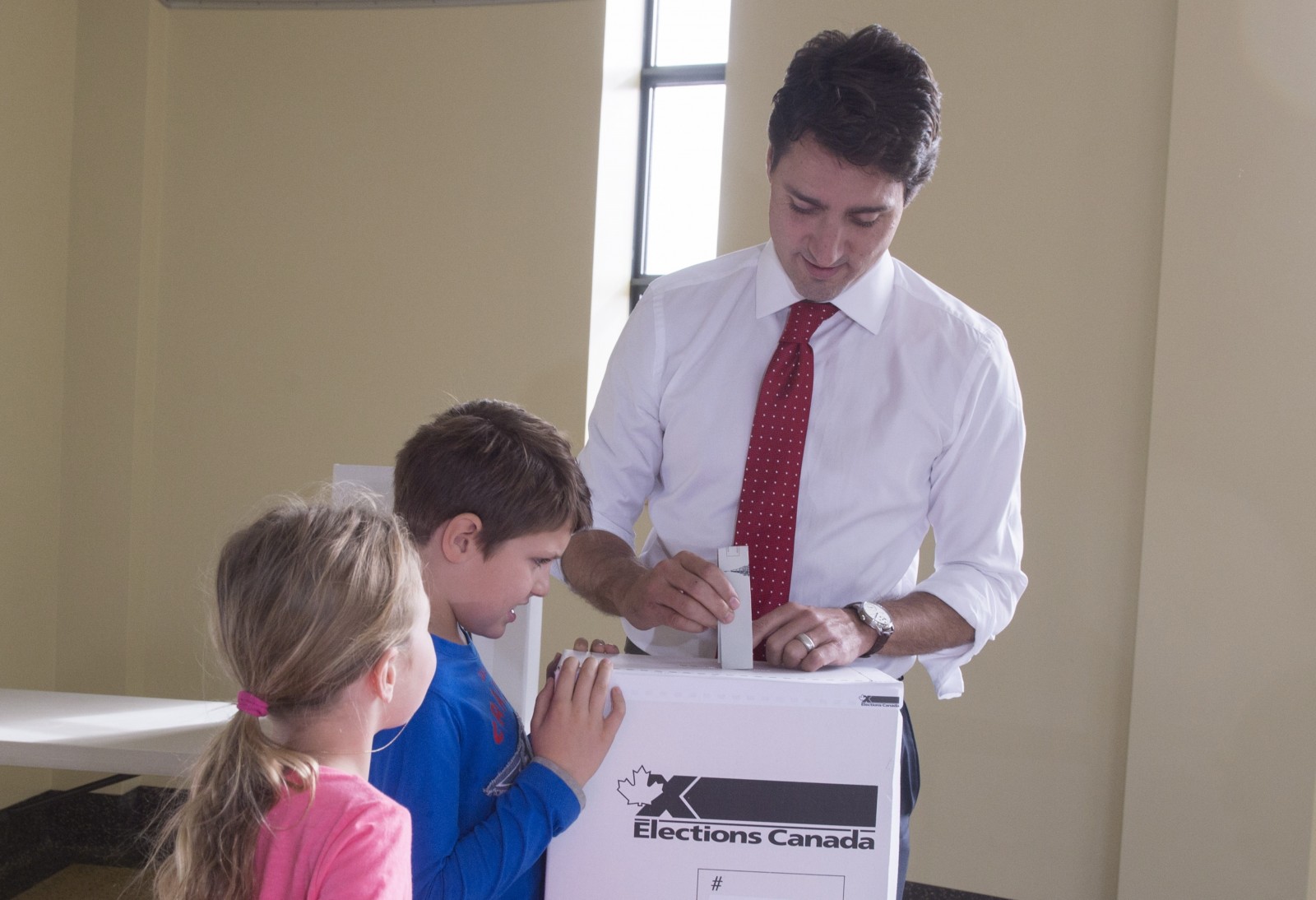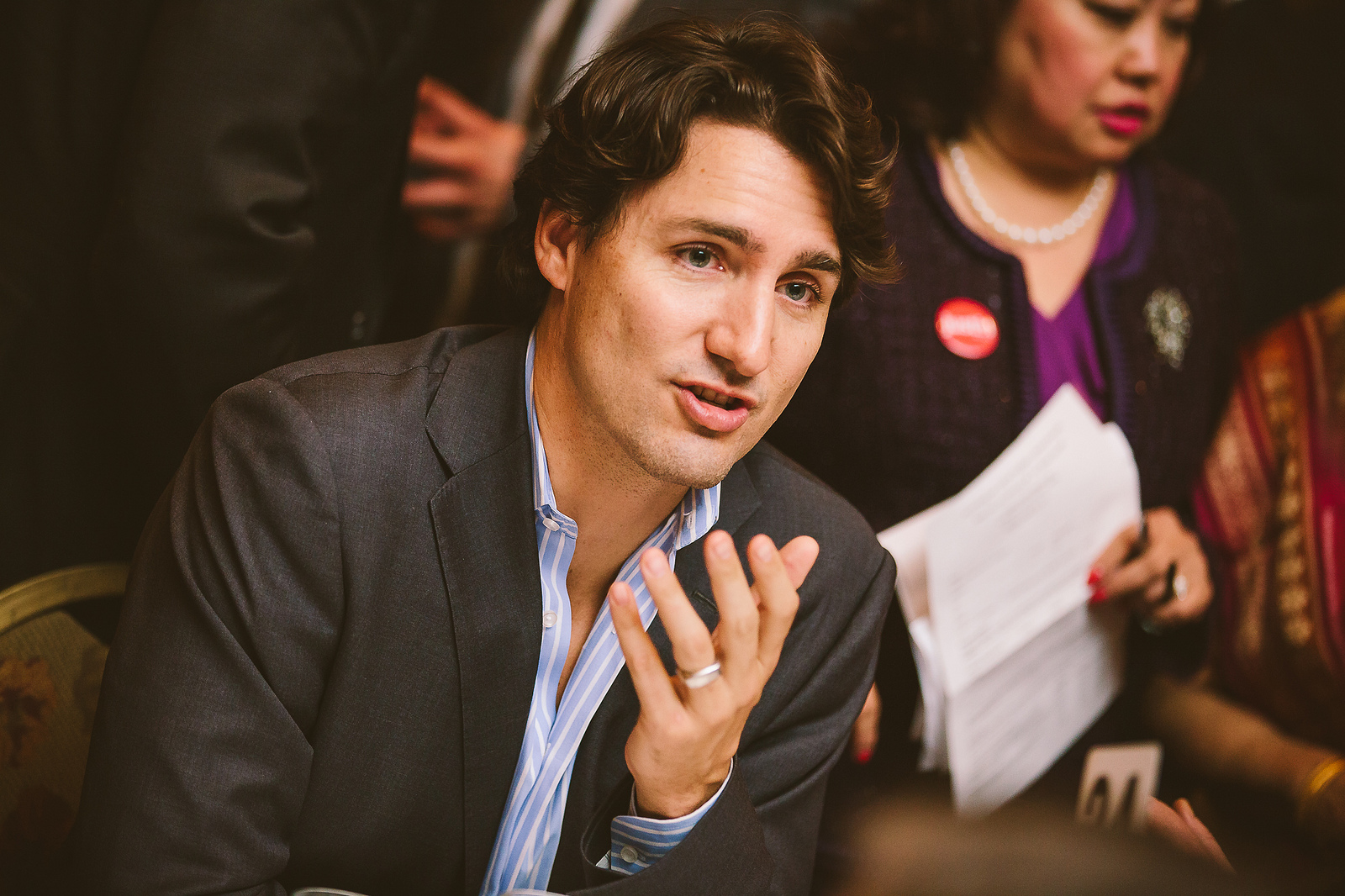Last time we had a conversation about electoral reform on this site, it was in the fall of 2016. The post came in the aftermath of the publication of a report from an all-party Special Committee of the House of Commons that was specifically tasked with studying options for electoral reform in Canada.
This month, the Liberal Party published a new document in response to an official electoral reform petition submitted to the Government of Canada’s petition website. The response effectively summarizes and clarifies the justifications the Liberals are using in abandoning their campaign promise of electoral reform.
On the face of it, the current Liberal majority government might deserve a little credit for looking into electoral reform at all right after sweeping in to power in 2015. However, there are a few facts in that election that show exactly why the Canadian system needs to be reformed:
- While the Liberals did win a majority of seats in Parliament in the last election, all three left-leaning political parties are fundamentally pretty close. In this system, where a minority government is worse than useless, voters on the left tend to align en masse, to the detriment of the other left-leaning parties. In 2015, it was the Liberals that benefited from this.
- In the previous (2011) federal election, the NDP won a third (103/308) of the seats in Parliament, nearly tripling their seat count from 2008. In 2015, that seat total was back near where it started, at 44 seats. This comes from the aforementioned mass movement of voters (leaving Liberal and PQ in 2011, moving back to those parties in 2015) attempting to counter the unified Conservative voting block.
- Even though the Liberals did win a majority of seats in Parliament in 2015, the party only managed to win 39 percent of the vote, a clear sign of a broken system.
- Finally, the fact that this election was described as a ‘change’ election, and whether you believe that narrative or not, people did want changes to the political landscape, and that includes the way elected officials are chosen.
One of the main points of the Liberal response to electoral reform is the idea that in consultation with MPs, voting experts, and voters, no clear alternative to first-past-the-post presented itself. Therefore, the report concludes, the best option at present is to change nothing, as though a new clear alternative voting system will suddenly present itself at some point.
This is some bullshit.
Electoral systems are like climate science. They do not care if you believe in them. A good system doesn’t get your party into power unless you represent a majority of voters best. A bad electoral system may elect the best-suited party or candidate, or it may not. A key point here is that when the Liberals promised electoral reform, they didn’t promise to look in to other options for holding more representative elections. The party platform specifically promises that the 2015 election would be the last one held under first-past-the-post, and that a plan to do better would be presented to Parliament within 18 months of the election.
One of the biggest problems in politics today is that there is no motivation for a party not in power to present a clear policy alternative to the ruling party. The Liberals ran on ‘NOT first-past-the-post’, but never actually came up with anything to replace it. This is a clear sign the party didn’t want to reform the system, they just wanted to benefit from its flaws in the election.
Another example from the last year is the Republican-proposed American Health Care Act, which failed miserably even among hard-line conservative Republicans. This is because for at least 7 years, Republicans in the US House of Representatives ran and voted on ‘NOT Obamacare’, without spending much time (it seems) thinking about a health care system that actually stood a chance of passing through the Republican legislative branch.
One possible reason for this massive disconnect between parties in power and opposition parties is that an increasing amount of time in a politician’s day (especially one trying to get elected) is spent campaigning (fundraising). After becoming a member of the Liberal Party, I saw first hand just how many emails and phone calls active voters get encouraging them to donate as much money as possible to the Party.
These emails make it very clear that the goal is to ‘beat’ the Conservatives, but fails to make the link between money raised campaigning and actual changes in vote tallies. I have never contributed any money to a political campaign, because I have yet to be shown a good reason to do so, or even why campaigns raise money (other than to allow them to campaign even more).
Even campaign ads, on television or on lawn signs, don’t typically give reasons why voters should choose a given candidate, just that voters should vote for their preferred party, whoever the candidate is. Given massive fundraising totals, it does seem like this tactic works pretty well, though it isn’t very clear why.
It could be that parties have decided that the optimal strategy is to make any political opponents into nemeses, positioning them as enemies in the legislative battlefield. While this might work in a two-party system, positioning the NDP as a bad choice compared to the Liberals seems counterproductive at best. With multiple parties and several decent choices for small-L liberal voters in abundance in Canada (and elsewhere), it seems as though a combination of electoral change and some cooperation would lead to some real social progress in the near future.
The obvious shortcomings in the current Canadian political system are well-described and well-known. The Liberals are in power with 39 percent of the vote. The Green Party consistently gets 4-6 percent of the vote, but has never had even one percent of seats in Parliament, almost certainly because any splitting of the vote on the left would give the Conservative Party a plurality of seats.
Any of several changes to the electoral system would undoubtedly balance voting and hold big parties accountable to voters in a consistent way. If asked, I have no doubt MPs and voters would choose a different voting system, but that option was never presented by the Liberal Party.
A referendum would be no better than the nationwide mydemocracy.ca poll in terms of informing the government of what voters want. Because voters aren’t necessarily even aware of what the options are, an all-party committee that discusses what changes to make, as opposed to whether or not the system needs reform. With all parties at the table, at least some discussion can be had, in order to make the system more representative, no matter what changes are made in the end.
Politics has become is a horse race, with winning election being the main goal. This destroys most opportunities for meaningful debate around what’s best for Canadians and the world, and removes incentives to compromise, instead rewarding efforts to ‘win’ political points.
The Liberal Party should at least put in some effort in if they actually want to prove that a clear majority of the Canadian people actually don’t want reform. Saying that Canadians aren’t in agreement over what system to use is irrelevant when it’s so clear we are all ready for some Real Change.


